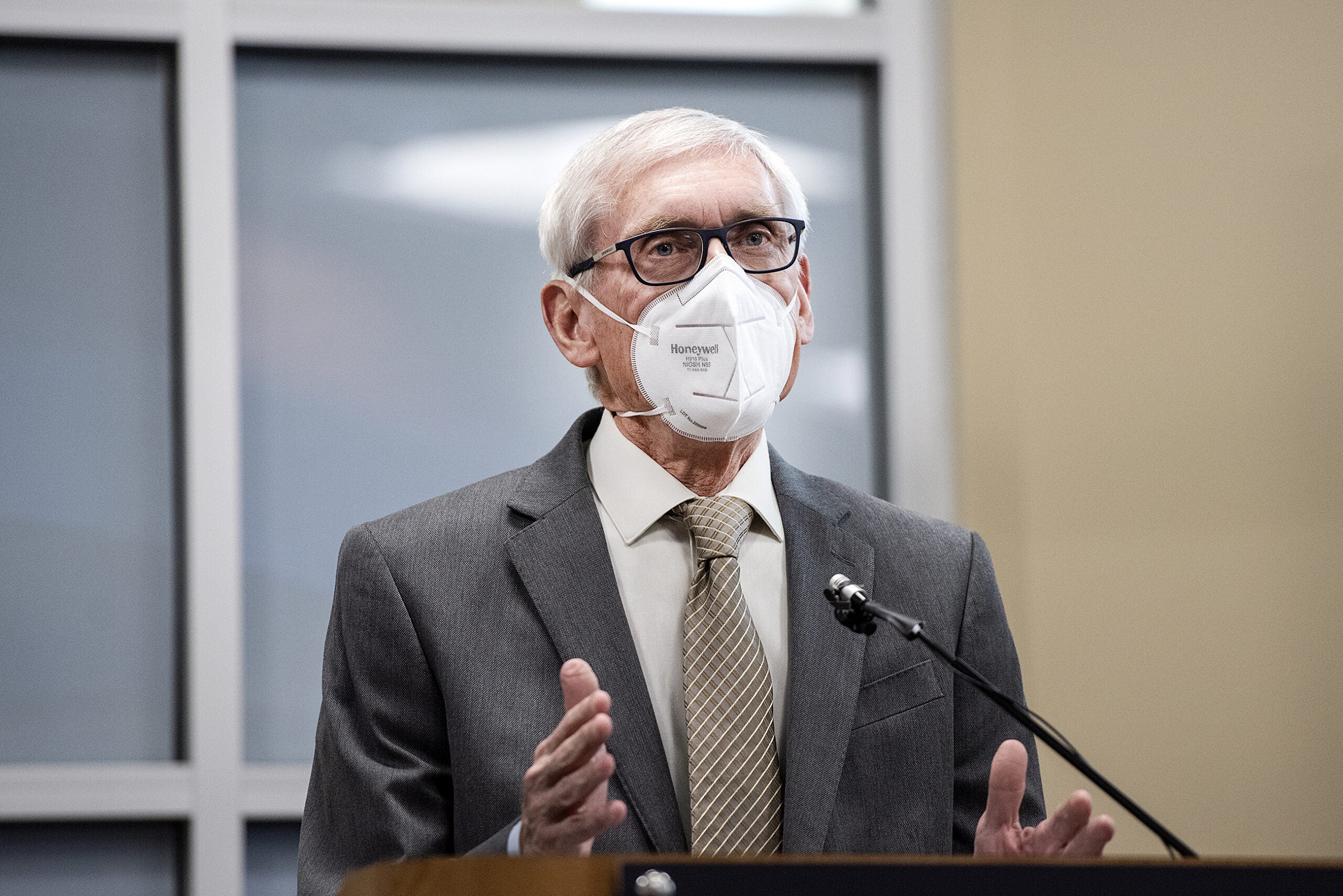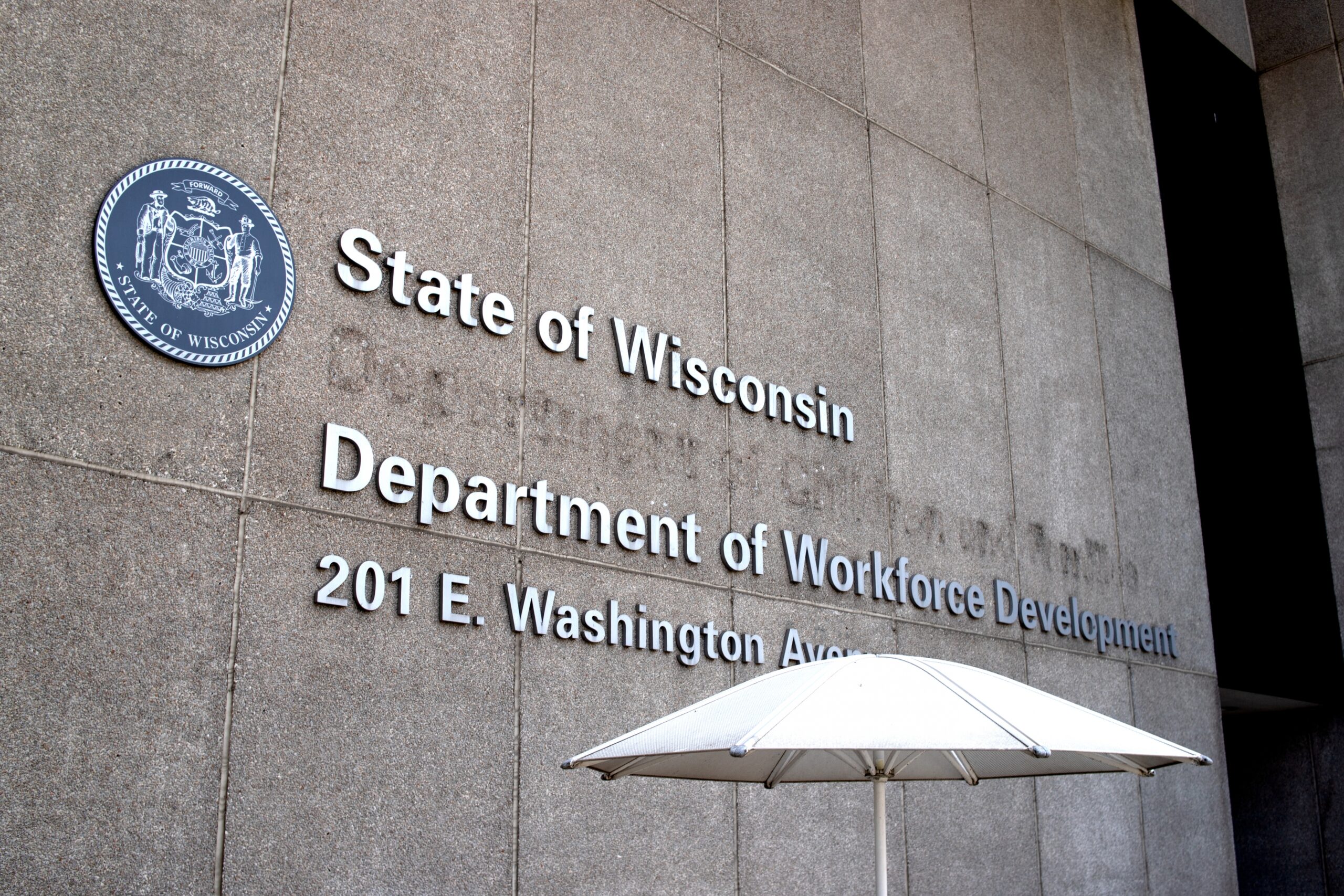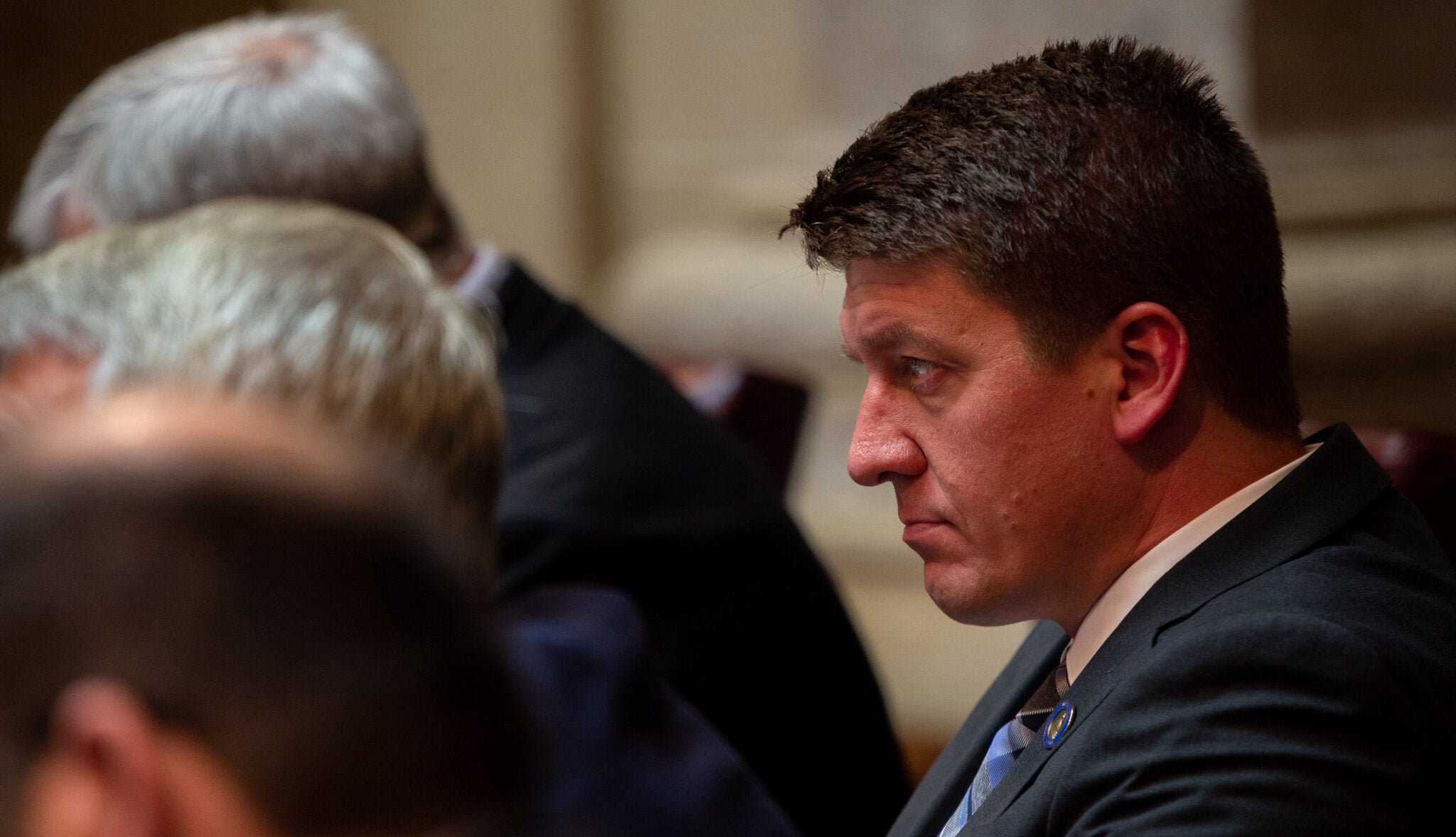Support for small businesses, restaurants and bars will remain a priority for federal COVID-19 stimulus money in Wisconsin despite a $700 million decline in anticipated aid, Gov. Tony Evers said Wednesday.
The U.S. Department of Treasury announced Monday that Wisconsin will receive $2.5 billion in aid under the latest federal coronavirus bill — $700 million less than Congressional Research Service estimated the state would receive when the bill passed. The department also said it plans to disburse money to some states, including Wisconsin, in two payments staggered 12 months apart, rather than a lump sum. States set to receive staggered payments saw lower unemployment rates increases during the pandemic.
Evers, who controls how federal money directed to the state is spent, had already announced plans to spend $2.5 billion on economic development aid, $500 million on continued pandemic response and $200 million on infrastructure, including statewide broadband expansion.
News with a little more humanity
WPR’s “Wisconsin Today” newsletter keeps you connected to the state you love without feeling overwhelmed. No paywall. No agenda. No corporate filter.
Speaking at a virtual press conference Wednesday, Evers said the funding cut “hurts,” but he remains committed to sending substantial support to struggling businesses.
“Obviously, that $700 million makes a difference. It’s $700 million that we can’t (use to) help people, small businesses and others, to recover as quickly as we wanted to,” he said. “It may impact some of the amounts, but when we think about the areas of the state that have been struggling so mightily, it’s small businesses, Main Street businesses, bars and restaurants and so on. And we will continue to make sure that they are a priority, even with the $700 million less.”
In his initial plan, Evers said $600 million would be directed to small businesses, including the continuation of a grant program funded by previous federal coronavirus response bills. According to the state Department of Administration, about 53,000 small businesses statewide have already received about $125 million through a state recovery program funded by the first federal coronavirus aid bill and second federal COVID-19 bill, which passed in December.
Evers and Democratic U.S. Sen. Tammy Baldwin sent a letter to the Treasury Department Tuesday, urging the federal government to reconsider its plan to send the second aid payment 12 months after the first.
“This will significantly reduce the funding that will be available for Wisconsin’s current pandemic response operations and to continue to meet immediate needs and restore economic well-being,” the letter read.
At Wednesday’s press conference, the governor said the Treasury Department had received the letter, but that he had not yet gotten a response.
“We need that money now. Period,” Evers said. “And waiting a year, we’ll have to do some prioritizing, obviously.”
Democratic U.S. Reps. Mark Pocan, Gwen Moore and Ron Kind also sent a letter to U.S. Treasury Secretary Janet Yellen on Wednesday to urge the federal government to award Wisconsin the original estimated funds.
“It’s still a large amount of money, but it is crucial money and want to fight for every dollar,” Pocan said at a Wednesday afternoon press conference. “We’re going to continue to fight for additional dollars.”
Republican lawmakers have criticized and pushed the governor to include them in decisions about how to spend the federal money. State budget committee co-chair Rep. Mark Born, R-Beaver Dam, said earlier this week that GOP leaders want to meet with the governor about the federal money and its effect on state budget negotiations. That meeting has yet to take place.
Wisconsin received about $2 billion in the first federal coronavirus aid bill last spring. The state received more than $1 billion more under the second federal COVID-19 aid bill.
With the rare exemption, Evers’ administration has had the power to disburse those funds. According to the state Department of Administration, about $2 billion has already been spent on things such as personal protective equipment for health care workers, testing lab supplies, contact tracing, rental assistance and grants to small businesses, farmers and child care providers.
Wisconsin Public Radio, © Copyright 2025, Board of Regents of the University of Wisconsin System and Wisconsin Educational Communications Board.







